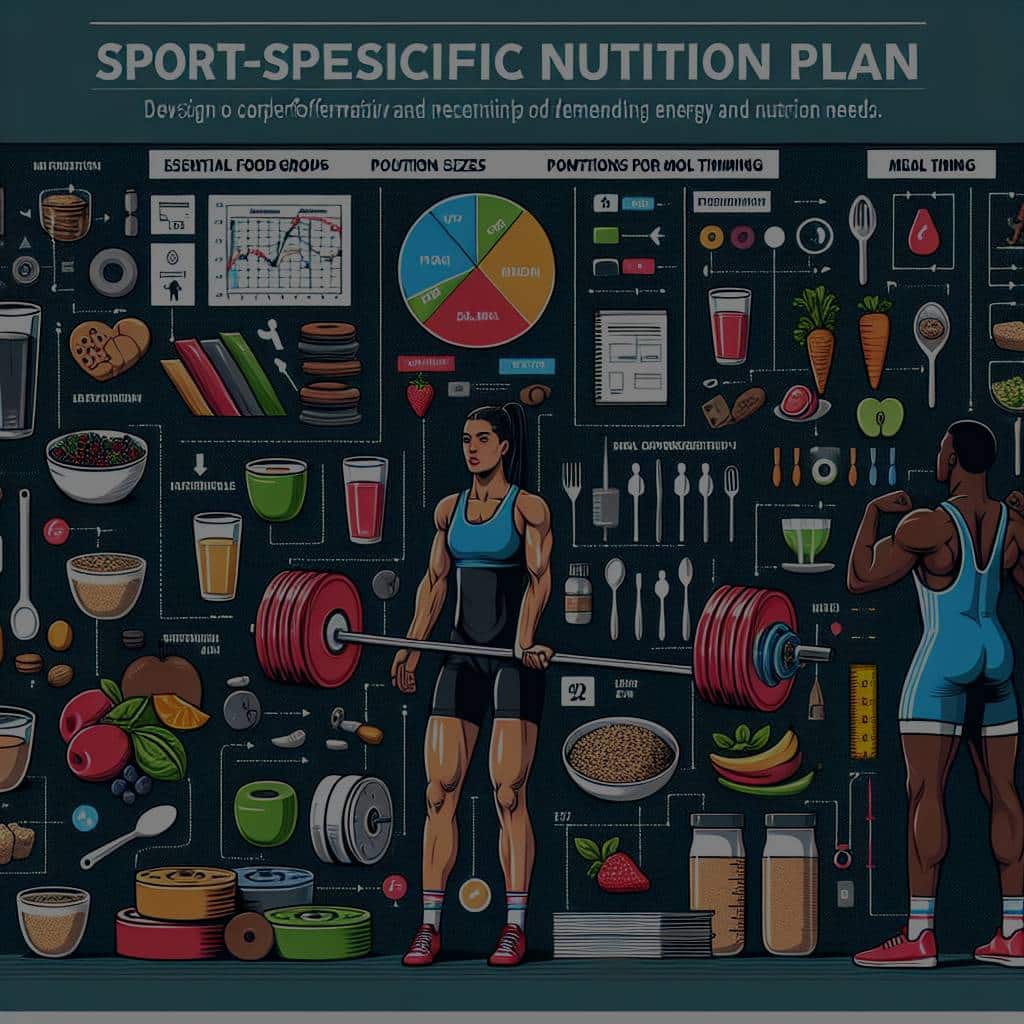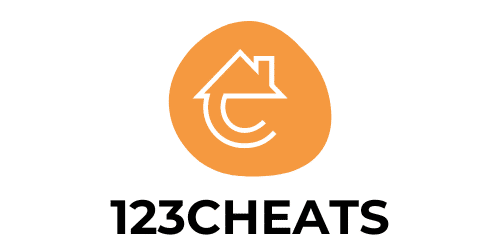How to Develop a Sport-Specific Nutrition Plan for Competitive Weightlifters?

When it comes to competitive sports like weightlifting, the importance of a well-structured nutrition plan cannot be overstated. The right diet fuels the body, provides energy for training, aids muscle recovery, and helps optimize performance. This article will guide you through the essentials of a sport-specific nutrition plan for weightlifters.
Understanding the Basics of Sports Nutrition
Sports nutrition is a specialized area of dietetics that focuses on the dietary needs of athletes and sports enthusiasts. It combines the sciences of nutrition and exercise physiology to deliver comprehensive dietary advice that can optimize performance and recovery.
A voir aussi : What’s the Impact of Altitude on Sprint Performance in Track Athletes?
A weightlifter’s nutrition plan differs from the typical diet. It requires a higher intake of protein to support muscle growth and repair, and a meticulously planned balance of carbohydrates and fats for energy. Additionally, a weightlifter’s hydration needs are more acute due to the high-intensity nature of the training.
Protein: An Essential Nutrient for Weightlifters
The body breaks down protein into amino acids, which are then used to build and repair muscle tissue. Consuming an adequate amount of protein after a weightlifting session is crucial as it aids in the repair of exercise-induced muscle damage, promotes muscle hypertrophy, and enhances recovery.
Cela peut vous intéresser : What Are the Most Effective Injury Prevention Exercises for Professional Ballet Dancers?
According to numerous scholarly articles, weightlifters and other strength athletes should aim for a daily protein intake of 1.2-2.0 grams per kilogram of body weight^1^. This is significantly higher than the recommended dietary allowance for the general population, which is 0.8 grams per kilogram of body weight.
Food sources high in protein include lean meats, poultry, fish, dairy products, eggs, legumes, nuts, and seeds. In addition to maintaining an overall high-protein diet, it is also beneficial to distribute protein intake evenly throughout the day for optimal muscle protein synthesis^3^.
Carbohydrates and Fats: The Energy Providers
Carbohydrates and fats are the body’s main sources of energy. The body uses carbohydrates as its primary energy source during high-intensity exercises while fats are utilized for lower-intensity activities.
Weightlifters should aim for a carbohydrate intake of 3-5 grams per kilogram of body weight per day, depending on the intensity and duration of their training^4^. This ensures that muscle glycogen stores are adequately replenished, which is crucial for maintaining high-intensity exercise performance^5^.
Fats, on the other hand, should comprise approximately 20-35% of total daily caloric intake^6^. As fat is a more concentrated source of energy than carbohydrates, it is important to opt for foods high in unsaturated fats such as avocados, nuts, seeds, and fatty fish.
Hydration and Electrolytes: Vital for Performance and Recovery
Hydration is an essential, though often overlooked, aspect of a weightlifter’s nutrition plan. Adequate fluid intake is necessary to maintain blood volume, regulate body temperature, and facilitate muscle contraction.
Dehydration can have detrimental effects on both performance and recovery. A mere 2% loss of body weight from fluid loss can significantly impair performance^7^.
Electrolytes, particularly sodium and potassium, are lost through sweat during exercise. These need to be replenished to maintain fluid balance and prevent muscle cramps. This can be achieved through regular consumption of fluids and electrolyte-rich foods such as bananas, potatoes, dairy products, and sports drinks.
Individualizing Your Nutrition Plan
While the above guidelines provide a general framework, it’s crucial to understand that each athlete is unique and may have different nutritional needs. Factors such as age, gender, body composition, training volume and intensity, and individual goals should all be considered when developing a sport-specific nutrition plan.
A qualified sports dietitian can provide comprehensive, individualized advice based on an athlete’s specific needs. They can also help monitor progress and make necessary adjustments to the plan over time.
Remember, consistency is key. A good nutrition plan is not about strict dietary restrictions but rather about fueling your body optimally with nutrient-dense foods for sustained energy and recovery. The ultimate goal is to enhance performance and overall health, while also enjoying the foods you love.
The Role of Supplements in Weightlifting Nutrition
In addition to nutritious foods, supplements can play a crucial role in a weightlifter’s nutrition plan. However, they are not a substitute for a balanced diet but rather a tool for filling nutritional gaps and enhancing performance.
One supplement often considered by weightlifters is protein powder. As highlighted earlier, protein is vital for muscle growth and recovery, and protein supplements can be a convenient way to increase protein intake, especially when food sources are not readily available. Protein powders can come from various sources, including whey, casein, and plant-based proteins like soy and pea.
Creatine is another popular supplement among weightlifters. Research found on platforms such as Google Scholar, PubMed, and Crossref suggests that creatine supplementation can enhance performance during high-intensity, short-duration exercises like weightlifting^8^. It works by increasing the muscles’ phosphocreatine stores, which are used during high-intensity activities.
Beta-alanine, a non-essential amino acid, has also been shown to improve performance in exercises lasting one to several minutes. It does this by increasing carnosine levels in muscles, which helps buffer acid produced during high-intensity exercise^9^.
Before starting any supplement regimen, it is advisable to consult with a healthcare provider or a sports dietitian. They can provide guidance on the most effective and safe supplements based on individual needs and goals.
Conclusion: The Balance of Nutrition and Training
Developing a sport-specific nutrition plan is an integral aspect of optimizing performance in competitive weightlifting. It revolves around understanding the roles of proteins, carbohydrates, and fats in providing energy, supporting muscle growth and repair, and ensuring optimal recovery. Hydration and electrolyte balance are also vital considerations for maintaining performance and preventing muscle cramps.
However, it’s important to remember that while these guidelines provide a general framework, each athlete is unique. Factors such as age, gender, body composition, training volume and intensity, and personal goals should be considered when tailoring a nutrition plan. Therefore, the advice of a qualified sports dietitian can be invaluable in creating and refining an individualized plan.
Supplements can also play a role in filling nutritional gaps and enhancing performance, but they should not replace a balanced, nutrient-dense diet. Always consult with a healthcare provider before starting any supplement regimen.
Remember, consistency is key. A sport-specific nutrition plan isn’t about strict dietary restrictions; it’s about fueling the body adequately for sustained energy, recovery, and performance. The ultimate goal is to enhance not only athletic performance but also overall health – all while enjoying the foods and beverages you love.
In the realm of competitive weightlifting, nutrition and training go hand-in-hand. It’s a delicate balance that, when struck correctly, can lead to significant gains in strength, muscle mass, and athletic performance. So, start planning, stay dedicated, and watch your performance reach new heights.
